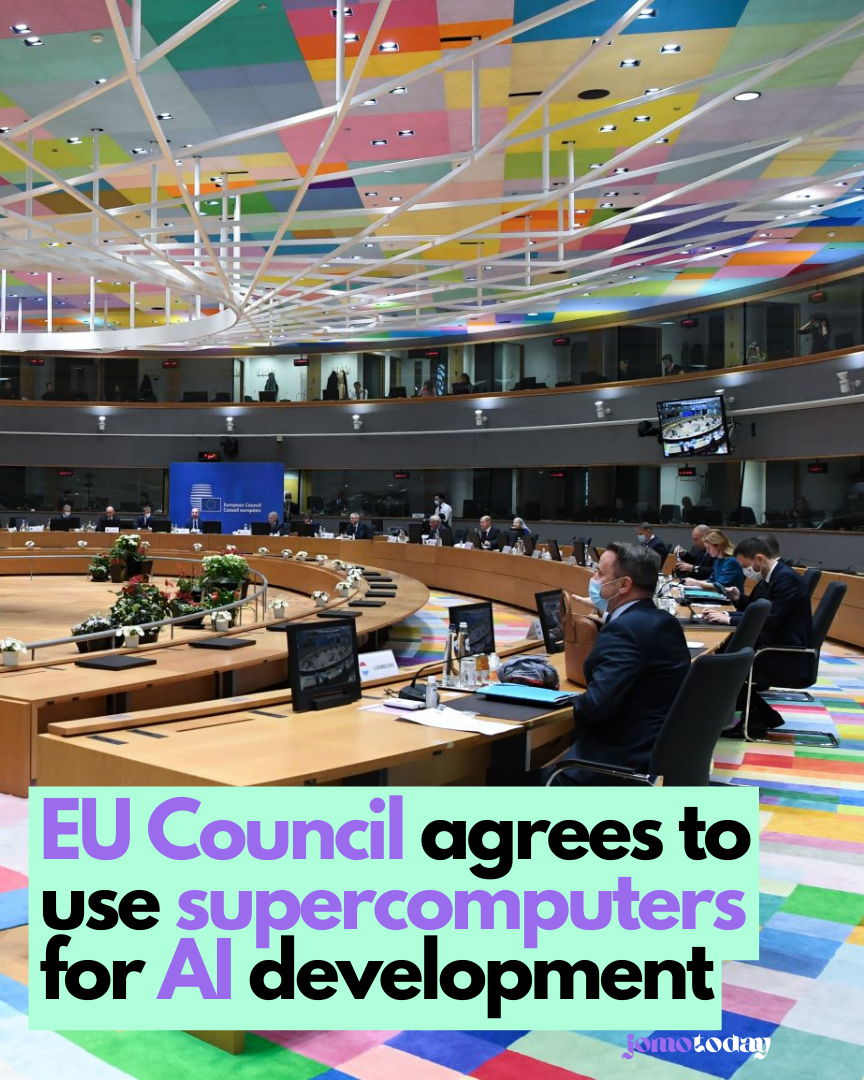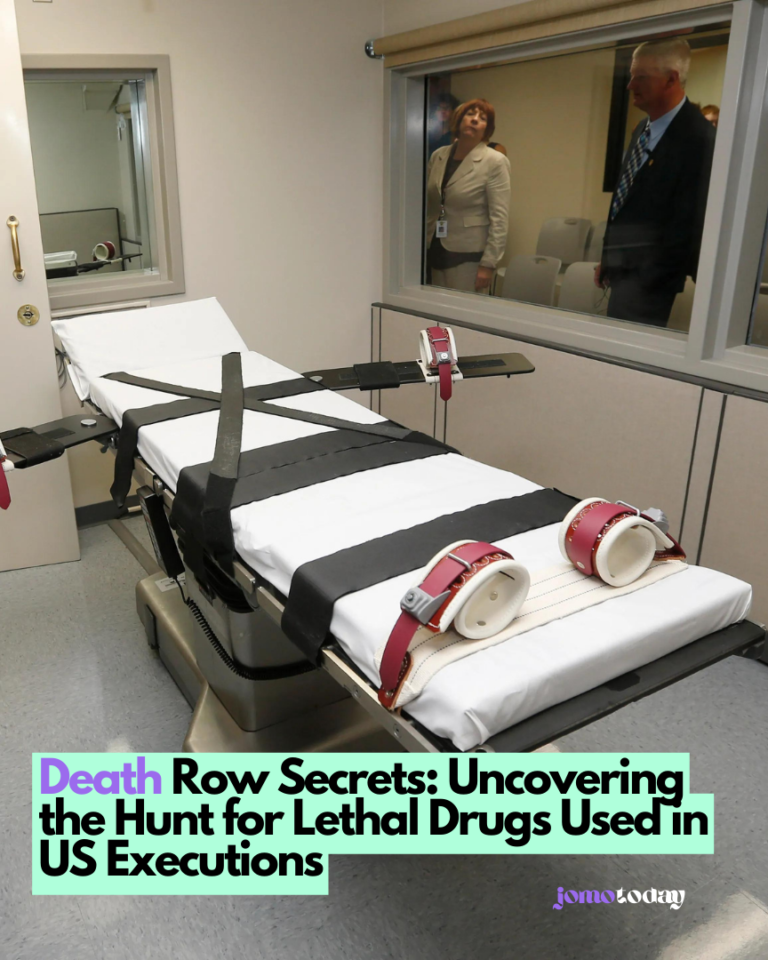The EU Council has approved regulations to enhance EuroHPC’s supercomputing capacity, incorporating AI factories to bolster Europe’s AI ecosystem and provide support for startups.

The Council of the European Union has revealed plans to revise the existing regulations governing the European High Performing Computer Joint Undertaking (EuroHPC), which oversees the utilization of supercomputers for artificial intelligence (AI) advancement.
As of May 24, the EU has updated the regulation to include the objective of establishing and managing local AI factories. The EU asserts that such an initiative will bolster infrastructure for AI supercomputing services.
The proposal from the commission, which spurred this amendment, expands upon the groundwork laid by EuroHPC, an entity established in 2018 to spearhead European supercomputing endeavors.
At present, EuroHPC oversees nine supercomputers across Europe, developed since the inception of the initiative. The introduction of AI factories through the proposed amendment will further enhance this mission.
Moreover, the increased capacity of EU supercomputing will provide AI startups within the EU with improved resources to innovate and refine their models.
Willy Borsus, vice-president of Wallonia and minister for economy, research, and innovation, has underscored the collaborative effort behind reaching this significant milestone.
The council urges the EuroHPC Governing Board to create tailored access criteria for these AI supercomputers, with a focus on supporting startups and small to medium-sized enterprises.
Under the newly proposed regulation, hosting entities can receive funding covering up to half of the acquisition and operational expenses for AI supercomputers from the union. These machines may be transferred to the hosting entities five years after passing acceptance testing.
The primary focus of these AI supercomputers will be on the development, testing, evaluation, and validation of large-scale AI training models and emerging AI applications, thereby advancing AI solutions within the union.
Before implementation, the proposed regulation must undergo legal scrutiny and, upon approval, will be officially published in the Official Journal of the European Union, becoming effective 20 days after publication.
This regulation is part of a broader AI initiative announced by the EU President, Ursula von der Leyen, indicating a strategic effort to bolster Europe’s AI capabilities.
The EU has been leading in the development of AI policies for implementation across the region. In March 2024, the EU enacted its groundbreaking AI Act, the world’s inaugural comprehensive set of regulations aimed at fostering safe and ethical AI development in the area.
Read More: CatCoin pressures BitForex to resolve token withdrawals and suggests potential legal action
Disclaimer:
This content is AI-generated using IFTTT AI Content Creator. While we strive for accuracy, it’s a tool for rapid updates. We’re committed to filtering information, not reproducing or endorsing misinformation. – Jomotoday for more information visit privacy policy






Leave a Comment